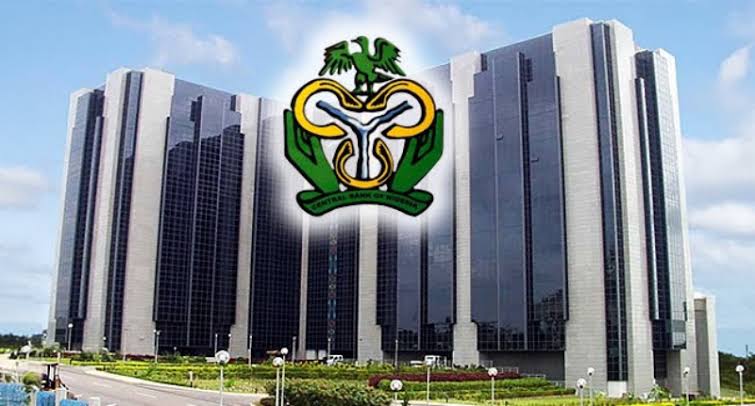Despite federal government pleas for reconsideration, organised labour unions have initiated a nationwide strike today, aiming to secure a new national minimum wage for workers. This industrial action follows a series of unsuccessful negotiations between the Nigeria Labour Congress (NLC), the Trade Union Congress of Nigeria (TUC), and federal government representatives at tripartite committee meetings.
Negotiations broke down last Friday when the government’s proposal to increase the minimum wage from N57,000 to N60,000 was deemed insufficient by labour representatives. The unions are steadfast in their demand for a N494,000 minimum wage to reflect the rising cost of living.
Numerous affiliates, including the National Union of Electricity Employees (NUEE), National Union of Banks Insurance and Financial Institutions Employees (NUBIFIE), and the Medical and Health Workers’ Union of Nigeria (MHWUN), have mobilised for the strike. Aviation and maritime workers, along with members of the Academic Staff Union of Polytechnics (ASUP), are also participating, leading to anticipated disruptions across various sectors.
The National Assembly’s recent mediation efforts to avert the strike were unsuccessful, prompting the federal government to urge labour unions to resume negotiations. Attorney General of the Federation and Minister of Justice, Prince Lateef Fagbemi, described the strike as “premature, ineffectual, and illegal,” citing ongoing discussions and a court order barring the strike.
Unions in the aviation sector announced the shutdown of airports starting today, with local airports closing immediately and international airports following tomorrow. The Maritime Workers Union of Nigeria (MWUN) has also committed to shutting down seaports nationwide.
Economic experts warn that the strike could exacerbate Nigeria’s economic challenges. Legal expert and business consultant Mr. Chyma Anthony highlighted potential hyperinflation and urged labour to push for reduced energy prices and enhanced security instead of a substantial wage increase. Similarly, Special Adviser to the President on Media and Publicity, Ajuri Ngelale, cautioned that the unions’ demands could lead to significant job losses, business closures, and unsustainable price hikes.
Ngelale emphasized that while President Bola Tinubu supports improving workers’ welfare, the current economic realities do not support the substantial wage increase demanded by labour unions. He urged labour to consider the broader implications, noting that the proposed wage hike could adversely affect small businesses and the informal sector.
As the strike unfolds, its impact on the Nigerian economy and daily life will be closely monitored, with both sides facing pressure to reach a resolution that balances workers’ needs with economic stability.



